MTN Nigeria’s debuted on the Nigerian Stock Exchange by listing over 20 billion shares at N90 per share. Since then the stock has gained 20%, increasing its market cap by over N360 billion to N2.2 trillion.
Since its listing on Thursday, it has traded over 38 million units valued at over N 4billion. Despite all the frenzy, Nigerians, particularly retail investors still can’t lay their hand on their stock.
As expected, Nigerians looking to be a part of the perceived success of the company, are queuing up in waiting hoping to buy the stock. Unfortunately, they may have to wait a bit longer going by the latest debt offering announced by MTN Nigeria.
Debt binge: MTN announced on Friday that it has signed a N200 billion 7 years medium term loan with 7 commercial banks. MTN plans to use the loan to “fund evolving business opportunities, capital expenditure, and working capital.” This follows a N200 billion syndicated loan they also borrowed in 2018. MTN currently carries a debt portfolio of N252 billion on its balance sheet.
Debt over equity: MTN’s debt offering is a likely indication that it will be relying on debt and not equity to expand its operations this year. This basically kills off any equity raise this year, potentially shutting the door on retail investors looking to include the stock in their portfolio.
Long wait: According to MTN’s Chief Executive Officer, Ferdi Moolman, “THIS IS JUST THE BEGINNING, WE STILL INTEND TO PURSUE A FUTURE PUBLIC OFFER GIVING MORE NIGERIANS GREATER ACCESS TO THE MTN OPPORTUNITY.” This suggests the company may not approach the equity market until much later this year or early next year. Investors will, therefore, need to wait a while longer before they can acquire the stock.
Expensive Equity: The last time a company had an IPO on the Nigerian Stock Exchange was Sahcol and that was late 2018. Before then, it was Seplat and Transcorp Hotels in 2014 respectively. In a market where IPO’s happen once every two to three years, companies avoid listing on the stock exchange for obvious reasons. Retail investor participation is low, portfolio investors are very fickle, and companies have lost most of the trust they had a decade ago, in the wake of the market crash. Going the equity route in Nigeria is just a long drawn, grueling and expensive journey companies hate to take. With debt, there is little resistance, provided they can show strong EBITDA margins (which banks and most fund managers crave).
Try your luck: For now, investors will be better instructing their stockbrokers to continue trying their luck at “any price” hoping they can lay their hands on the most sought after stock in the country.

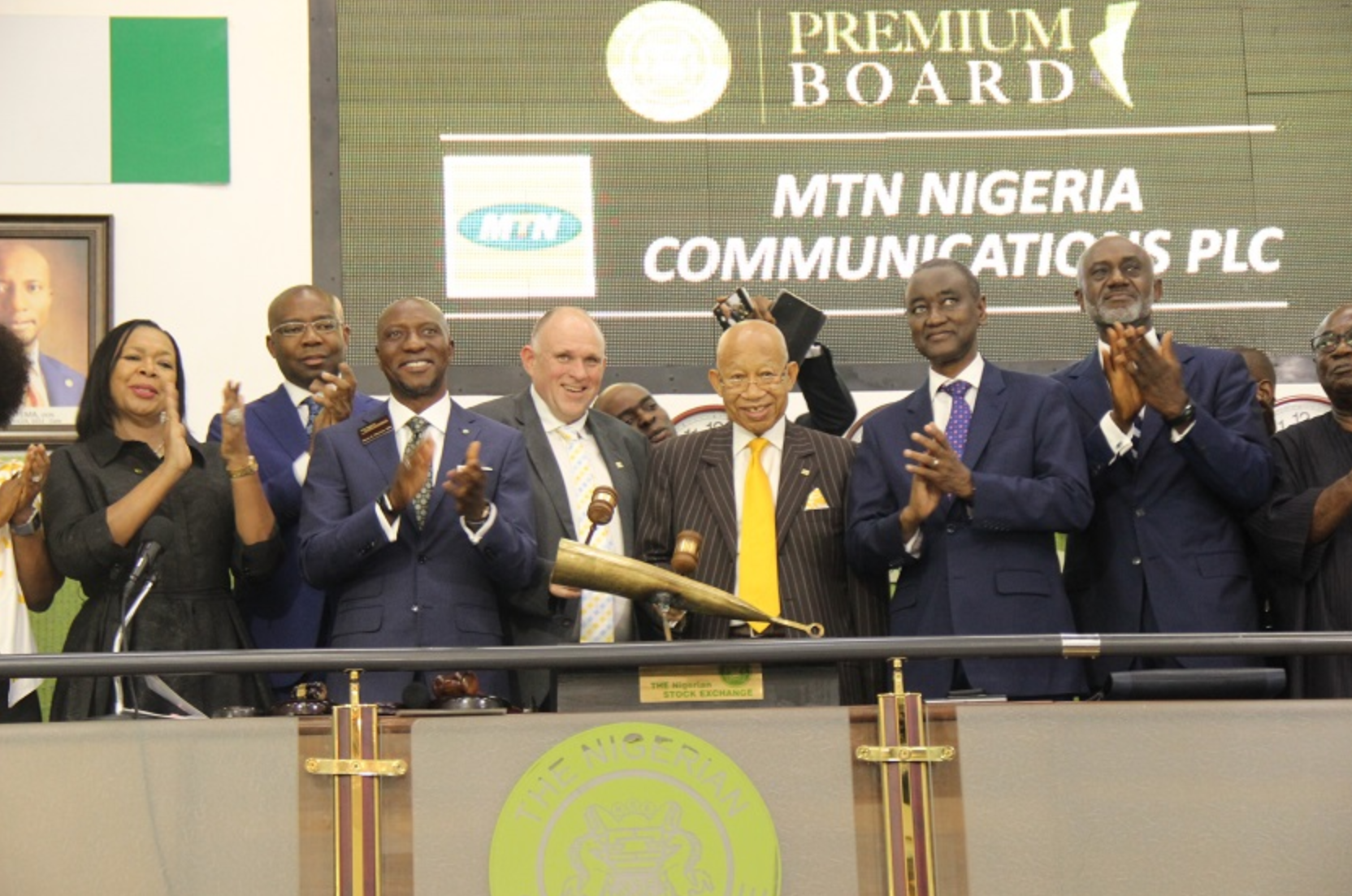





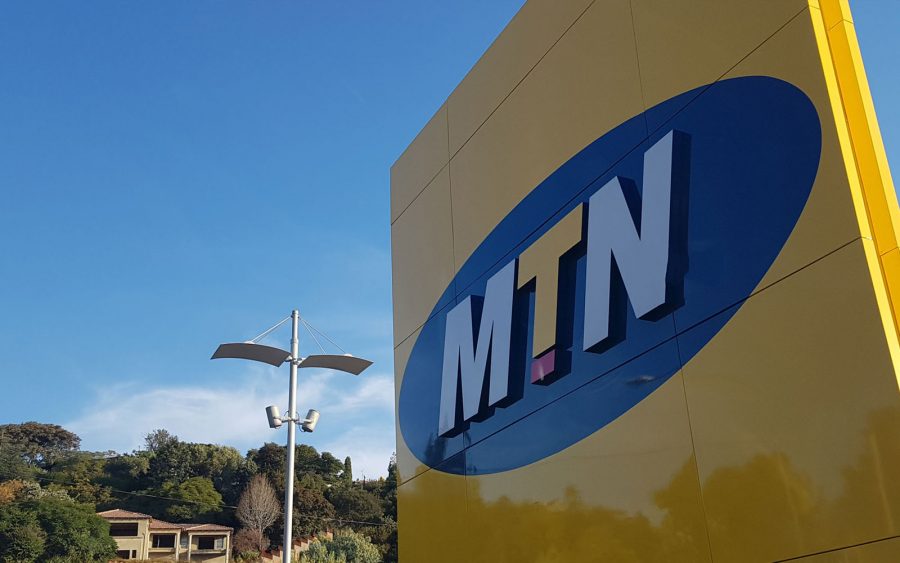
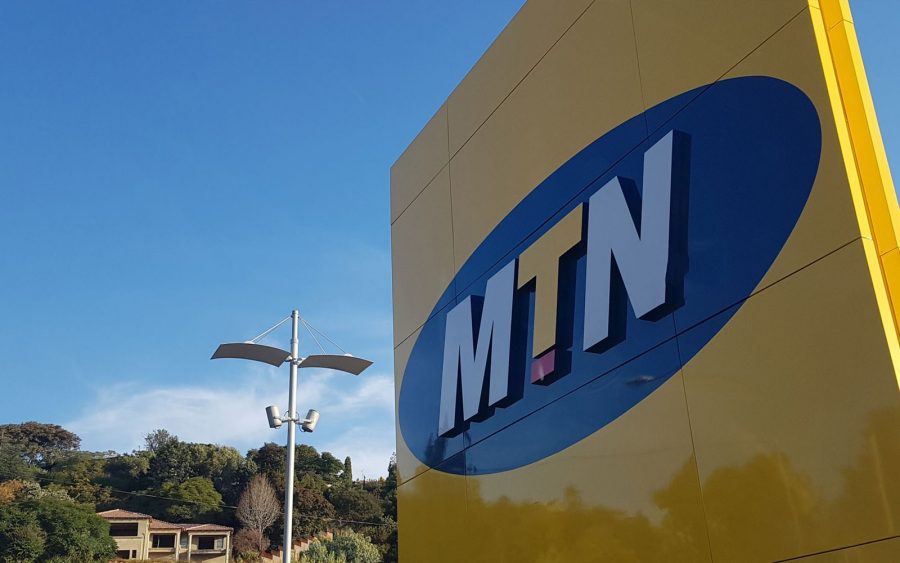
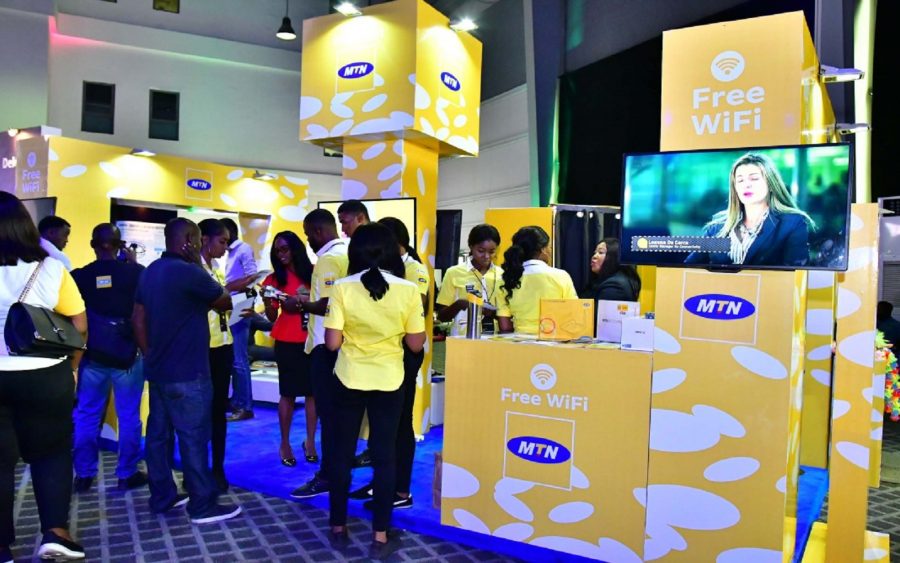
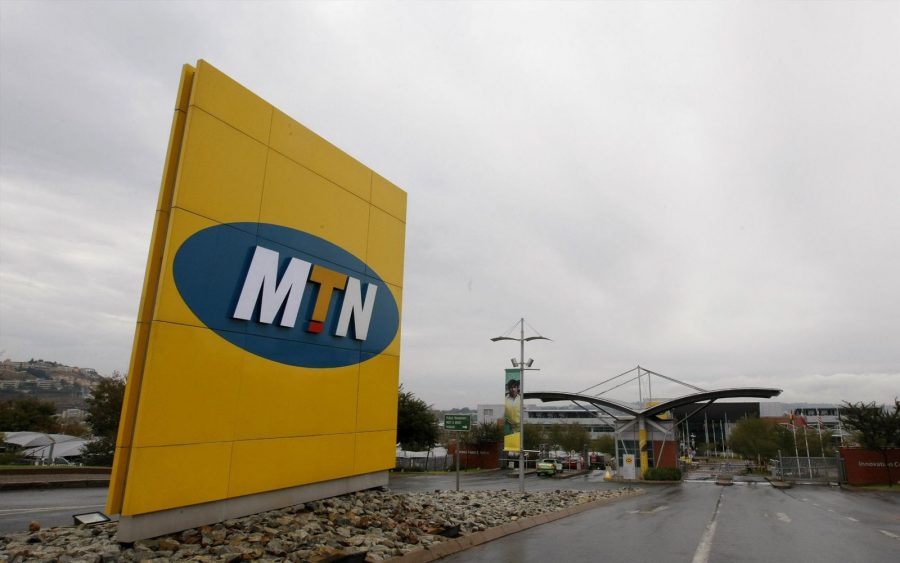
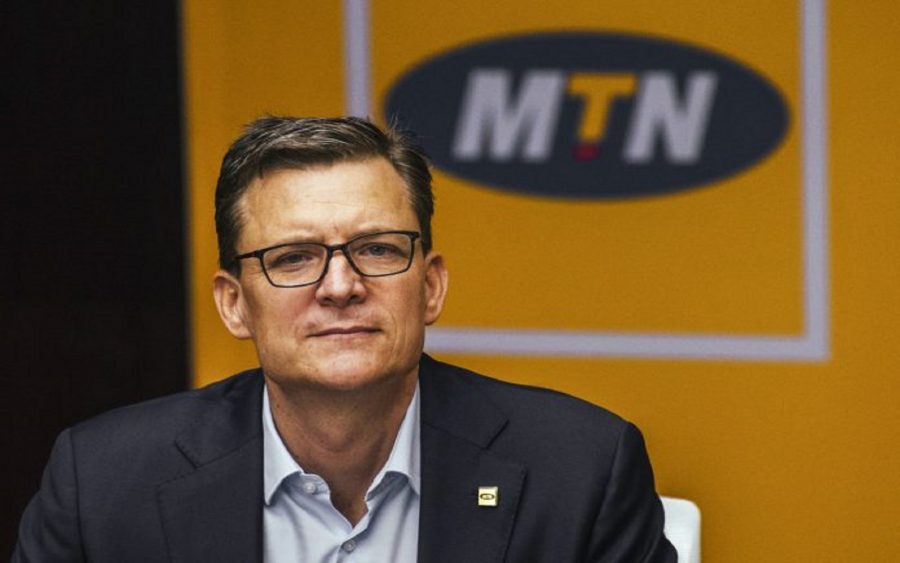











DId Notore list on NSE in 2015 or 2018 ? Please check this again.
Corrected, thanks.